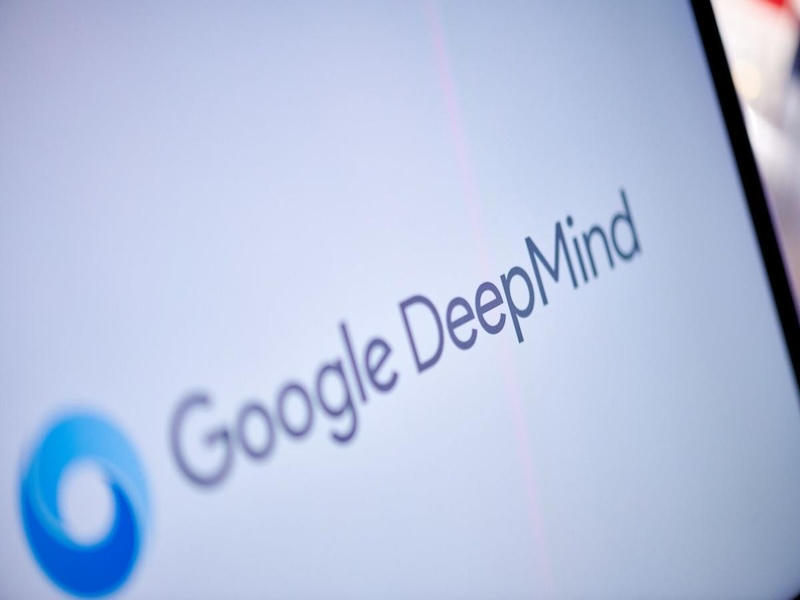- Character.AI’s Noam Shazeer and Daniel De Freitas rejoin Google, with Shazeer joining the DeepMind team.
- Google and Character.AI sign a non-exclusive tech agreement, boosting Character.AI’s funding and growth prospects.
OUR TAKE
The return of Noam Shazeer to Google signals a significant realignment in the AI landscape, highlighting the strategic importance of top-tier AI talent and technology partnerships. This move could enhance Google’s AI capabilities while providing Character.AI with the resources to continue its innovative work.
— Zoey Zhu, BTW reporter
What happened
Noam Shazeer, co-founder and CEO of Character.AI, is returning to Google after leaving in October 2021 to establish the chatbot startup backed by a16z. Shazeer previously led the team that developed LaMDA, Google’s language model for conversational AI. Alongside Shazeer, Character.AI co-founder Daniel De Freitas and several other employees are also joining Google. Character.AI’s general counsel, Dominic Perella, will serve as interim CEO at the startup, with most staff remaining.
Google has signed a non-exclusive agreement with Character.AI to utilise its technology, providing additional funding for Character.AI’s continued growth. Shazeer expressed excitement about rejoining Google DeepMind, emphasising pride in Character.AI’s achievements and confidence in its future success.
Also read: Google Chrome gets new AI-powered features to simplify browsing
Also read: Google introduces Gemini-powered features for Chrome desktop
Why it’s important
Shazeer’s return to Google and the non-exclusive tech agreement between Google and Character.AI mark a significant development in the AI sector. Shazeer’s expertise in machine learning and his leadership in developing LaMDA underscore his value to Google DeepMind. This move is likely to bolster Google’s AI research and product development capabilities, reinforcing its position in the competitive AI landscape.
For Character.AI, the agreement with Google offers substantial funding and support, enabling it to focus on post-training models and creating innovative AI products. The startup’s approach to leveraging third-party language models while developing unique user experiences could accelerate its growth and market presence.
This realignment also draws attention to regulatory scrutiny in the tech industry. Similar moves, such as Microsoft’s hiring of key personnel from Inflection AI, have attracted the attention of regulatory bodies like the FTC and the CMA. The potential for regulatory review of these “reverse acqui-hires” highlights the broader implications for corporate governance and competition in the AI industry.

